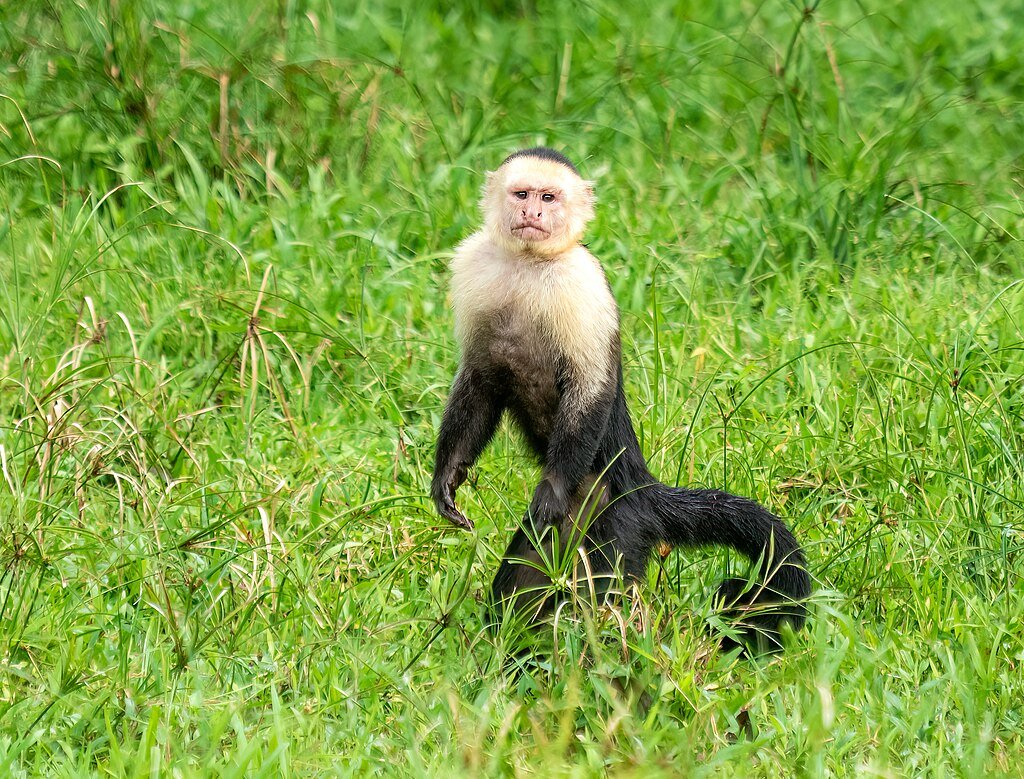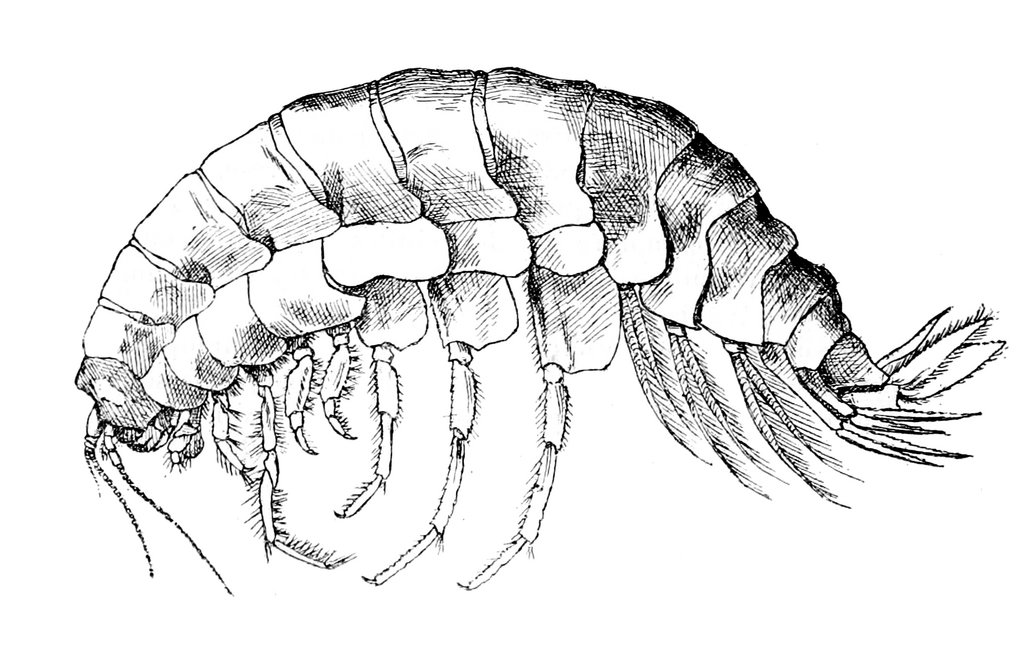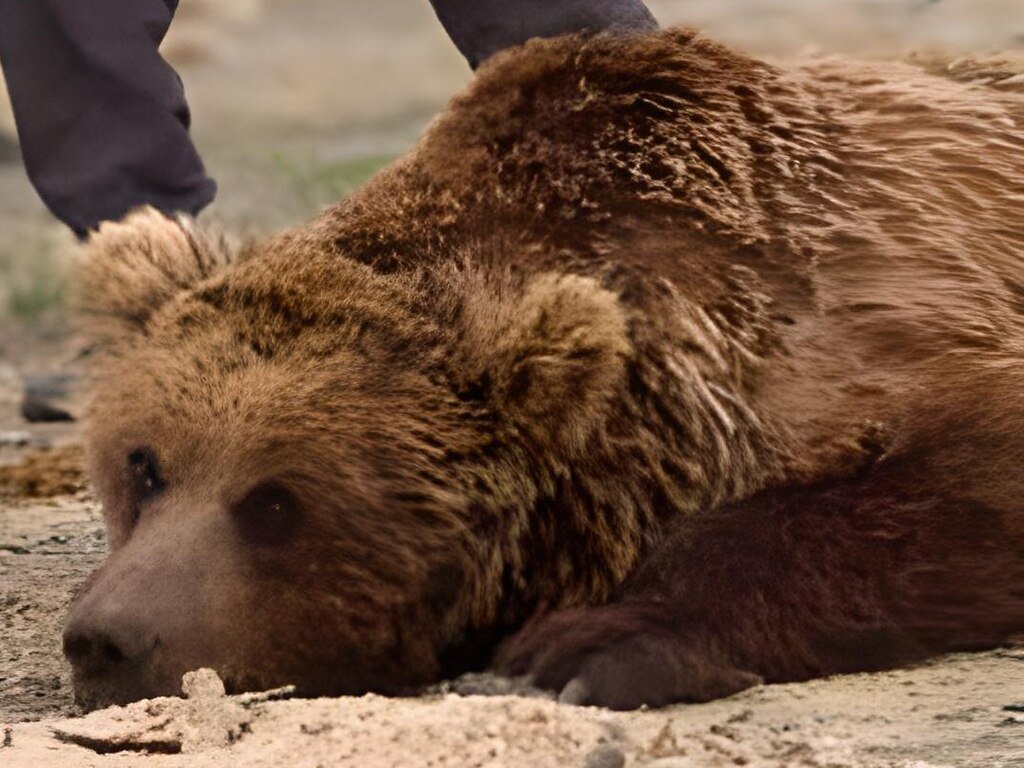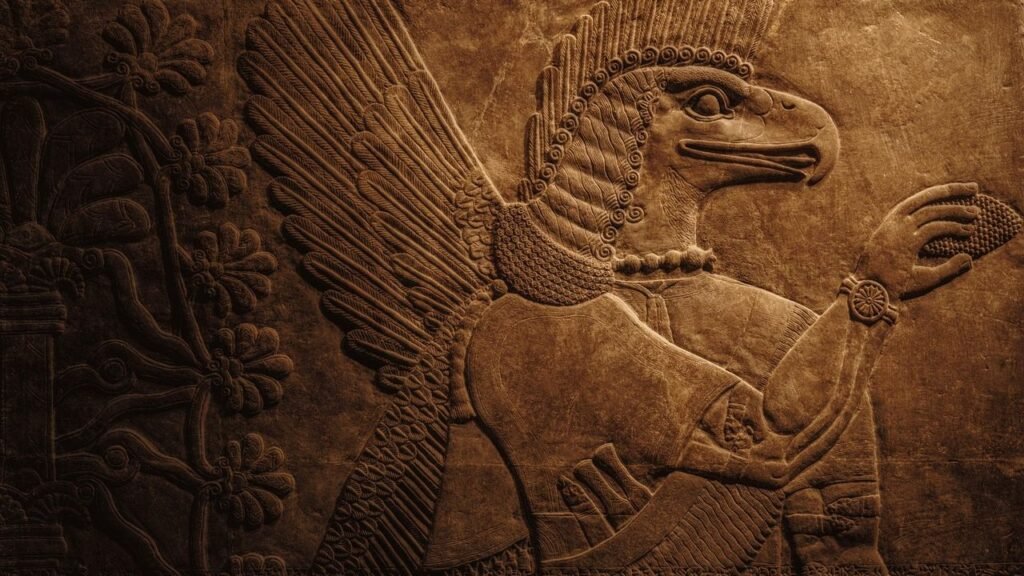Ancient Echidna Fossil Challenges Evolutionary Assumptions
A newly analyzed fossil has revealed surprising insights into the evolutionary history of echidnas, suggesting that their ancestors may have lived in water before transitioning to a terrestrial lifestyle. This discovery challenges long-held beliefs about monotreme evolution and highlights a rare instance of mammals evolving from aquatic to land-based existence. The Discovery of Kryoryctes Cadburyi ...












